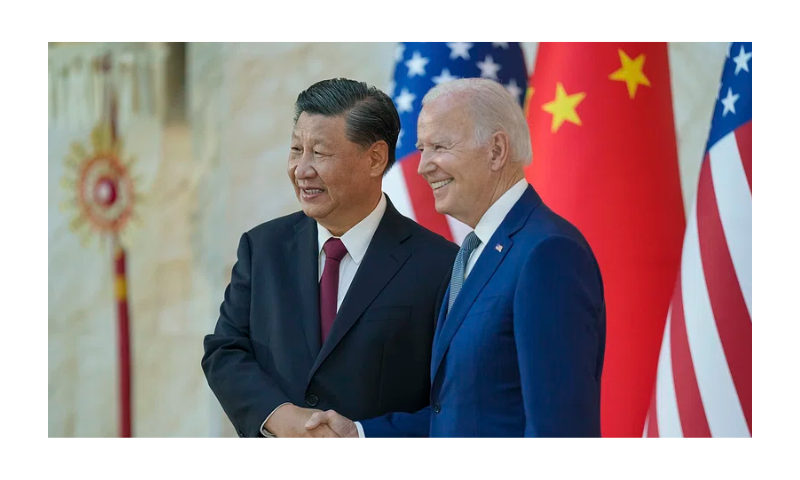J.E. Dyers
The Optimistic Conservative, July 28, 2023
“The same pattern overlays nicely on the Biden administration’s move against Malley.”
There’s an interesting tale of two official “disappearings” out there, one involving the U.S. and the other in China. I don’t intend to go in-depth on either one here, partly because doing so would cause us to obsess over the trees and miss the forest. Better to zoom out and perceive the basic similarities.
The U.S. “disappearance” has occurred American style, with the individual in question – former Iran envoy Rob Malley – continuing in enough of the routine paths of his life to raise no alarms about where he is or what’s happened to him. No one seems to think he’s other than alive and well, unlike the recent (until Tuesday) Chinese foreign minister, Qin Gang, who has gone missing as far as anyone can discern from outside Xi Jinping’s closest circle.
But the supposed reasons posited for the two “disappearances” – one (in China) in the more literal sense of the common idiom – are similarly superficial and even kind of fatuous. That’s the sort of speculation we get when no one from outside the “disappearance” really knows what’s going on.
Signs of prepping the policy battlespace
Before commenting a bit on that point, I’ll get to my main point in this brief discussion. It’s this: “disappearances” like these are notorious in the patterns of autocracy for indicating the consolidation of policy vectors, and the curtailing of tolerance for ulterior interests and influences from stake-owners. In other words, key personnel get kicked out because there’s a big move in view; kicking them out takes out the access and leverage of whole factions; and the base-course policy-owners are left unfettered by the costs and drawbacks that go with those factions.
One word used to identify this process in progress is “purge.”
[To read the full article, click here]


